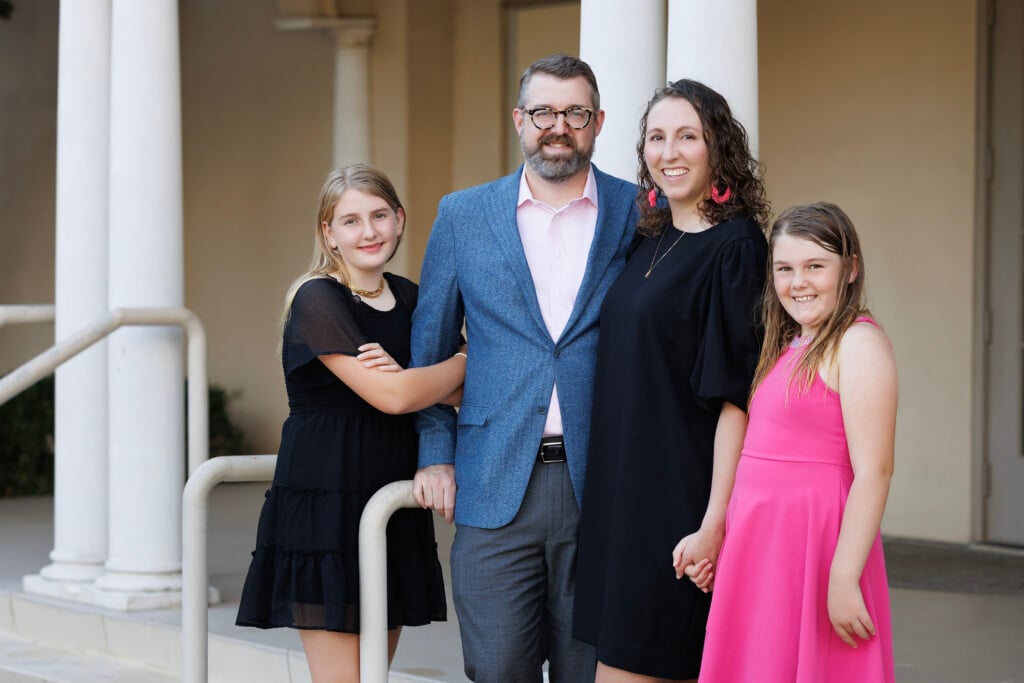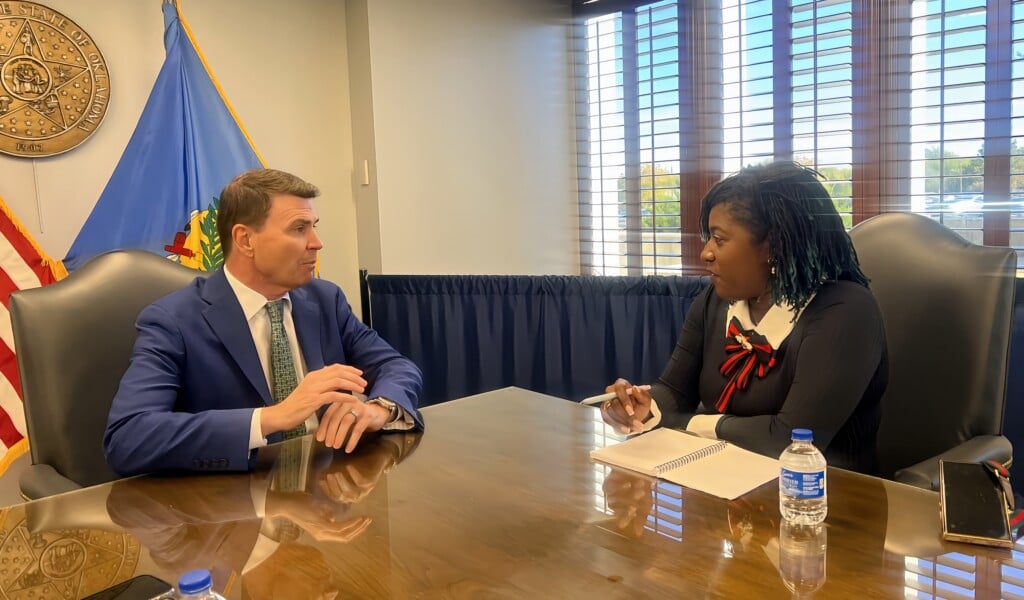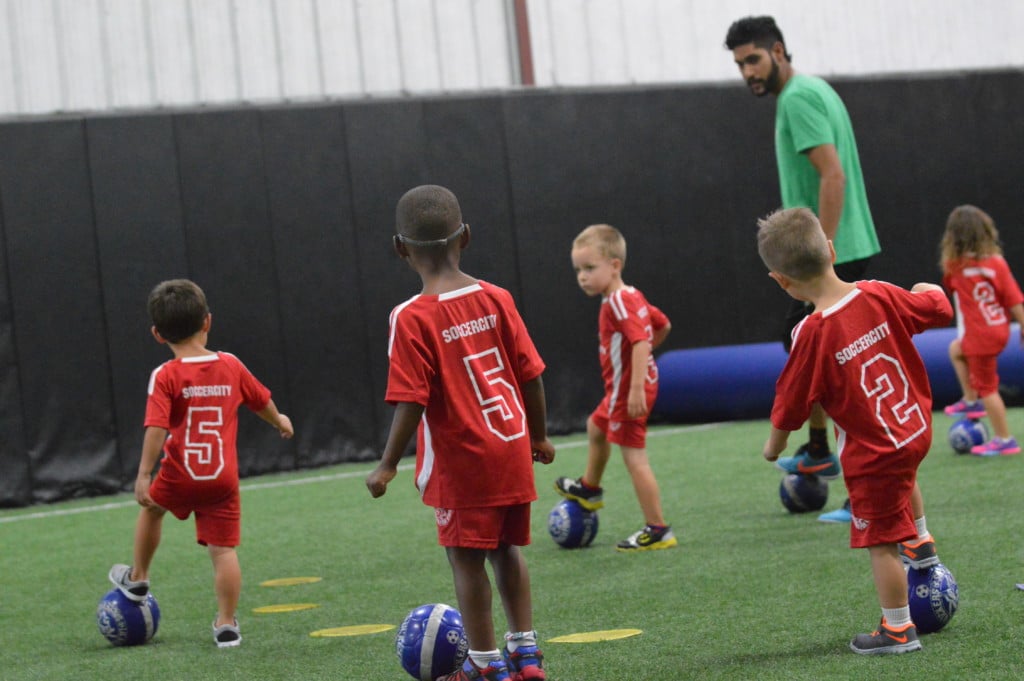HB1775: A Remedy Seeking a Dilemma
Education is not only about imparting knowledge; it’s about fostering critical thinking, empathy and an understanding of shared history. At a time when Oklahoma ranks 50th in school quality and 31st in safety, it’s disheartening to witness the misallocation of resources and attention given to legislation that creates more problems than it solves. House Bill 1775 (HB1775) claims to address specific issues in education. Still, it’s essential to question whether these issues are pressing concerns or just an unnecessary remedy to a nonexistent dilemma.
The Reality of Educational Challenges
Oklahoma’s education system faces a multitude of challenges. Recent data places the state 30th in the U.S. for the highest teacher shortages. High student-to-teacher ratios often hinder effective learning environments. Such circumstances raise the question of whether our focus should be to address these tangible issues that directly impact our children’s education quality.
Furthermore, graduation rates and academic performance are crucial indicators of educational success. Although Oklahoma’s 2022 test results indicate improvement compared to 2021, there is still considerable progress needed to reach the desired levels of student success in reading, math and science. Rather than prioritizing solutions to elevate these essential benchmarks, the state’s attention is diverted toward the implementation of HB1775.
A Closer Look at HB1775
HB1775 is grounded in eight principles, including the assertion that teachers cannot teach that one race or sex is superior to another. It emphasizes that students should not feel psychological distress due to discussions of race or sex. However, the principles outlined in the bill seem to target a problem that simply isn’t there. In my two decades as a classroom teacher and a school administrator, I have never encountered educators pushing such narratives. The legislation needs to understand the approach teachers already employ in addressing sensitive topics.
Navigating Complex Histories
A poignant example of the impact of this legislation is the teaching of the 1921 Tulsa Race Massacre. The 1921 Tulsa Race Massacre was a violent and racially motivated attack on the predominantly Black Greenwood District of Tulsa, Oklahoma, resulting in the destruction of homes and businesses, the loss of countless lives and the displacement of thousands of African American residents. This tragedy, emblematic of racial violence, is critical to Oklahoma’s history. However, it was omitted from textbooks and lessons for decades. Teaching students about these events is not a matter of making students feel guilty or uncomfortable but letting them see the good and the bad to foster a comprehensive understanding of the past.
During the centennial commemorating the massacre, Oklahoma seemed poised to confront this history head-on. However, the passing of HB1775 has cast a shadow of uncertainty. Educators are now hesitant to broach these essential conversations, afraid of political or ideological backlash. This fear stifles the necessary evolution of historical education, promoting an inaccurate narrative that does a disservice to our students.
The Larger Consequences
The consequences of these legislative distractions extend far beyond the classroom. With the focus shifting away from crucial educational challenges, we risk creating a generation that will lack the skills needed to engage in meaningful dialogue, understand different perspectives and think critically. The rhetoric surrounding these issues further divides communities and intensifies educators’ challenges.
In a state already grappling with teacher shortages and low academic performance, introducing unnecessary regulations only exacerbates the situation. The future of Oklahoma’s workforce, its economy and its social fabric all depend on a robust education system that empowers students with knowledge, empathy and a strong sense of self-awareness.
A Call for Prudent Priorities
Education is a powerful tool for progress, but it requires a prudent allocation of resources and attention. Instead of diverting efforts toward unnecessary solutions and creating pointless division, we should address the real challenges hindering our students’ growth and potential. Let’s nurture an environment where educators can guide students through complex histories, encouraging understanding and empathy. We can shape a brighter future for all Oklahomans by prioritizing meaningful education and productive dialogue. Prioritizing meaningful education and productive dialogue would involve fostering an inclusive and equitable curriculum that encourages critical thinking, empathy and an understanding of diverse perspectives, while also creating safe spaces for open and respectful discussions on complex and often sensitive topics.
As we move forward, let’s remember that education is not just about imparting facts; it’s about fostering curiosity and preparing the next generation to navigate a complex world. Our students deserve nothing less.




